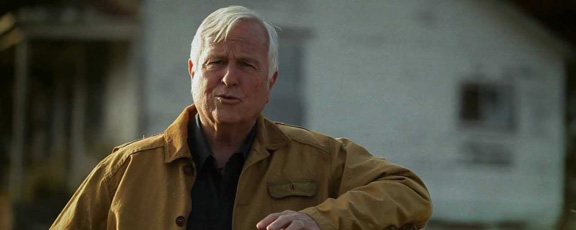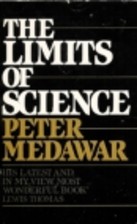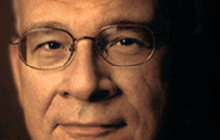Many have tried to use the authority of science in an attempt to disprove the supernatural. In this session, best-selling author Josh McDowell probes the question of using science in this manner. The following is a chapter from his book, More Than a Carpenter.
Often in a philosophy or history class someone confronts me with the challenge, “Can you prove it scientifically?” I usually say, “Well, no, I’m not a scientist.” Then I hear the class chuckling and several voices saying things like, “Then don’t talk to me about it,” or “See, you must take it all by faith” (meaning blind faith)….
So many people in this century…hold the opinion that if you can’t prove a thing scientifically, it can’t be true. We all accept as true many facts that cannot be verified by scientific methods. We cannot scientifically prove anything about any person or event in history, but that doesn’t mean that proof is impossible. We need to understand the difference between scientific proof and what I call legal-historical proof. Let me explain.
Scientific proof is based on showing that something is a fact by repeating the event in the presence of the person questioning the fact. It is done in a controlled environment where observations can be made, data drawn, and hypotheses empirically verified.
The “scientific method, however it is defined, is related to measurement of phenomena and experimentation or repeated observation,”[1] Dr. James B. Conant, former president of Harvard, writes. “Science is an interconnected series of concepts and conceptual schemes that have developed as a result of experimentation and observation, and are fruitful of further experimentation and observations.”[2]
Testing the truth of a hypothesis by the use of controlled experiments is one of the key techniques of the modern scientific method. For example, someone claims that Ivory soap doesn’t float. I claim it does float, so to prove my point, I take the doubter to the kitchen, put eight inches of water in the sink at 82.7 degrees, and drop in the soap. Plunk! We make observations, we draw data, and we verify my hypothesis empirically: Ivory soap floats.
If the scientific method were the only method we had for proving facts, you couldn’t prove that you watched television last night or that you had lunch today. There’s no way you could repeat those events in a controlled situation.
The other method of proof, the legal-historical proof, is based on showing that something is a fact beyond a reasonable doubt. In other words, we reach a verdict on the weight of the evidence and have no rational basis for doubting the decision. Legal-historical proof depends on three kinds of testimony: oral testimony, written testimony, and exhibits (such as a gun, a bullet, or a notebook). Using the legal-historical method to determine the facts, you could prove beyond a reasonable doubt that you went to lunch today. Your friends saw you there, the waiter remembers seeing you, and you have the restaurant receipt.
The scientific method can be used to prove only repeatable things. It isn’t adequate for proving or disproving questions about persons or events in history. The scientific method isn’t appropriate for answering such questions as: Did George Washington live? Was Martin Luther King Jr. a civil rights leader? Who was Jesus of Nazareth?
…These questions are outside the realm of scientific proof, and we must place them in the realm of legal-historical proof. In other words, the scientific method – which is based on observation, information gathering, hypothesizing, deduction, and experimental verification to find and explain empirical regularities in nature – cannot uncover the final answers to such questions….
[1]The New Encyclopaedia Britannica: Micropaedia, 15th ed., s.v. “scientific method.”
[2] James B. Conant, Science and Common Sense (New Haven, CT: Yale University Press, 1951), 25.










